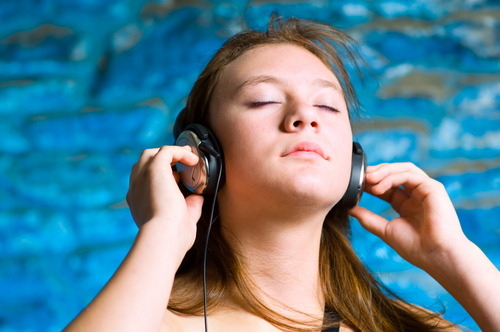
Your musical tastes may differ from your tween, but that doesn’t mean you shouldn’t respect your child’s music choices, even if it all sounds like noise to you. Music is important for your tween as it can help them to understand, process and express their emotions at a crucial point in their lives.
Emotional identification
Music can be a powerful tool in helping your tween identify with their emotions. Whether as a listener, creator or performer, music can give your child a great emotional release. This is important for your tween, as they will probably have difficulty in identifying their emotions, never mind understanding them. Your tween could identify with their emotions by writing their own songs or realting with lyrical and musical themes in songs. These musical experiences give your tween the opportunity to express and deal with a wide range of emotions.
Self-expression
Repressing or bottling up emotions is unhealthy, and music allows your tween to express emotions through listening to or playing music. So, if your tween is able to express themselves through music, do encourage this. Whether it's setting up their own band, learning to play a new instrument or joining a music group - it's all important steps in helping them express themselves. Music can also help them meet people with similar interests as well as giving them the ability to express their emotions.
Peers
Listening to a certain type, or types, of music can give your tween access to a peer group of other listeners. Youth music scenes range from pop, rock to hip-hop. A shared love of music gives those in the group a common interest and a basis for friendship, which has many potential emotional benefits. However, identification with a music-affiliated group can expose your tween to negative content too. So it's probably a good idea to listen to your tween’s music occasionally, not only to reassure yourself but to understand the music's content at the same time.





